When it comes to saving for retirement, you want to make the best decisions possible. The worst possible scenario is to end up needing more money after you’ve already retired. Should you take advantage of your 401k or should you invest in an IRA? To better understand these terms, we’ll explain what they are and the pros and cons of each.
What is an IRA?
An Individual Retirement Arrangement (IRA) is an account that allows you to save money for retirement. This money will only be available to you six months after your 59th birthday. There are different types of IRAs including Traditional, Roth, and Rollover.
What are the pros of an IRA?
- Tax deductions: As you add money to your IRA account, you can use the invested funds as a tax deduction up to $5,000.
- Availability: You don’t need to open an IRA account through your employer. You can open one whenever you want, as long as you meet the minimum income requirements.
- Flexibility: Most investors love the amount of flexibility that is offered with IRA accounts because you have the ability to tweak your allocation if the account is under-performing.
What are the cons of an IRA?
- Limited contributions: Similarly to a 401k, you can only contribute up to a certain amount per year with an IRA. However, this amount is also much lower than the 401k limitations as the maximum is set at just $5,000 per year.
- Early withdrawal penalties: If you have to withdraw money from your IRA before you are 59 1/2, then you’ll face penalties. After you are charged income tax (for Traditional IRAs), you’ll also be charged an extra 10%.
- Required withdrawal: If you have a Traditional IRA, you will be forced to begin withdrawing money six months after your 70th birthday, whether you are retired or not.
What is a 401k?
A 401k is a retirement savings plan that is created through your employer. Part of your paycheck will be funneled into the account before taxes are taken out. Often, companies will “match” what the employee pays as an incentive to contribute, although this is not required.
What are the pros of a 401k?
- Employer matching: Unlike an IRA, your employer may contribute to your 401k as it grows. While it’s not required, it’s a popular benefit that is offered by many businesses.
- Minimal effort: A 401k grows without much effort on your part. Your contributions are taken directly from your paycheck without you having to make additional steps to invest.
- High contribution limit: The limit on 401k contributions is extremely high – it is usually $18,000, but it may be as high as $24,000 if you’re over 50 years of age.
What are the cons of a 401k?
- Account fees: You may be charged fees to keep the account open, and since the account is through your employer, you will have little control over the service you receive.
- Taxes: Since the money contributed to a 401k is pre-tax, this means that once you pull the money out, you’ll have to pay taxes on the funds as though it is income tax.
- Waiting period: Some employers may require you to wait through a probation period (which is usually six months) before you are able to invest in a 401k.





